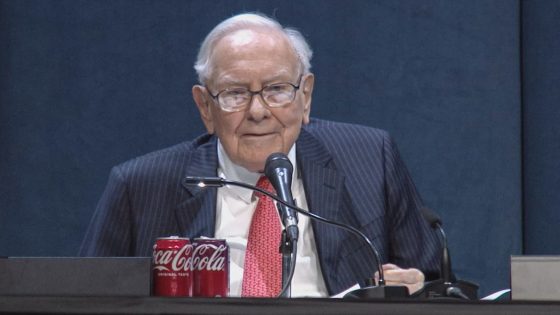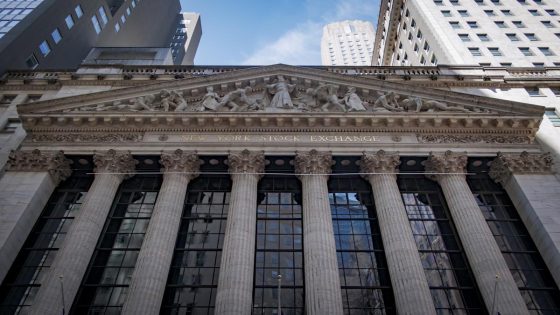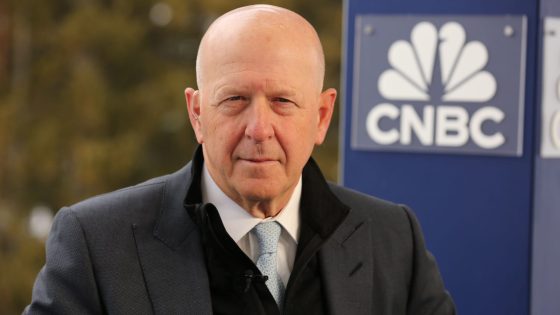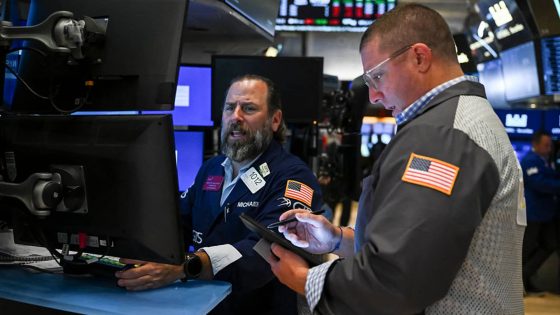Berkshire Hathaway’s recent earnings report highlights the challenges facing global markets, as the company, led by Warren Buffett, announced a decline in second-quarter operating earnings. On August 2, 2025, the Omaha-based conglomerate revealed that its operating profit fell 4% year over year to $11.16 billion, primarily due to the adverse effects of steep U.S. tariffs.
- Berkshire Hathaway's Q2 operating earnings declined 4%.
- Negative impacts from U.S. tariffs reported.
- Cash reserves near record high at $344.1 billion.
- No stock repurchases in first half of 2025.
- $3.8 billion loss from Kraft Heinz stake.
- Warren Buffett to step down as CEO.
The report indicated that while sectors like railroads and energy saw profit increases, insurance underwriting struggled significantly. Buffett’s firm reiterated concerns over President Trump’s tariffs, emphasizing the potential negative impacts on its diverse business portfolio.
As uncertainties loom over international trade policies, the question arises: how will these developments affect global investors? This report serves as a crucial indicator of broader economic Trends.
The implications of Berkshire Hathaway’s earnings report extend beyond the U.S., raising questions about the stability of international markets. With Buffett’s cash reserves still high, will this influence investment strategies worldwide?
- Global investors may reassess risk exposure in light of tariff uncertainties.
- Increased scrutiny on consumer goods companies like Kraft Heinz could impact stock performance across regions.
- Railroad and energy sectors may experience varied growth depending on regional trade policies.
As global markets react to these developments, stakeholders should remain vigilant and consider the long-term implications of tariff policies on their investments.

































